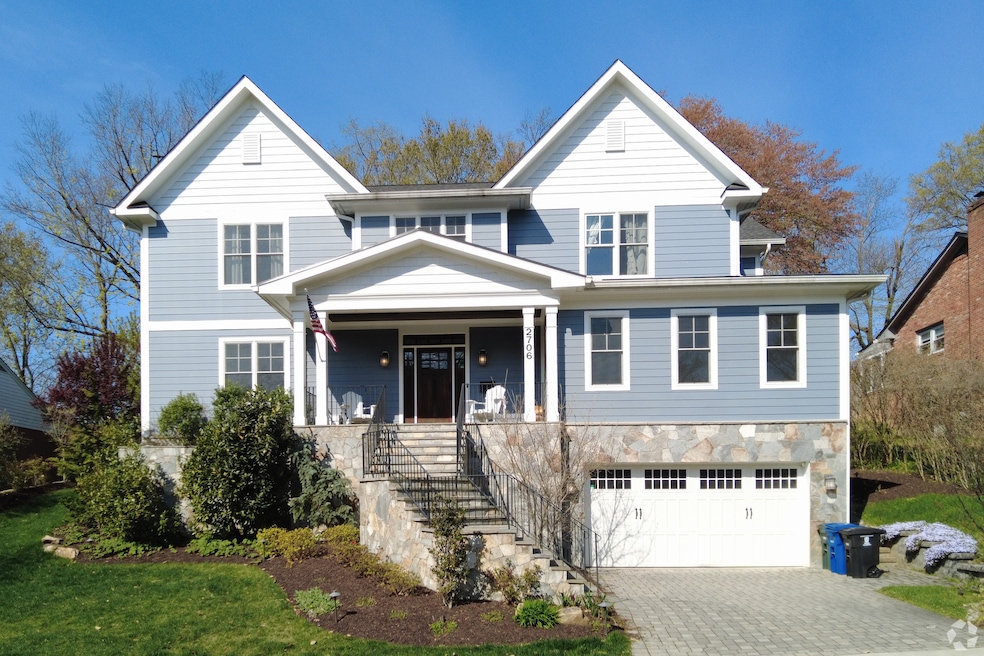Mortgage rates have slipped to their lowest averages in more than two months, an encouraging sign for homebuyers and sellers.
As of Thursday, the average 30-year, fixed rate mortgage fell to 6.76% on a weekly basis, according to mortgage giant Freddie Mac, a buyer of loans from banks. It’s the sixth consecutive week of lower rates and the lowest average since December.
From the Homes.com blog: What Is a Good Debt-to-Income Ratio for a Mortgage?
That data comes on the heels of an otherwise volatile week for the mortgage market. On a daily basis, mortgage rates are nearing months-long lows, data from Mortgage News Daily indicated. Daily measures of the mortgage rate account for even the smallest of changes, so they typically show more fluctuation than the combined average of the full week.
That said, between Feb. 18 and Feb. 26, the rate for a 30-year, fixed-rate mortgage fell from 7.02% to 6.78%.
It’s a somewhat unusual rate of change for the mortgage market, especially because the past few weeks have been relatively stagnant, according to Matthew Graham, chief operating officer of Mortgage News Daily.
“The last time rates moved down this much, it took more than 3 weeks,” Graham wrote in a Tuesday blog post. “While there are examples of rates dropping faster, the point is that the current pace is relatively rare.”
A similar trend is manifesting in 15-year, fixed-rate mortgage data, popular with homeowners looking to refinance to a lower rate. According to Freddie Mac, that figure averaged 5.94% on a weekly basis as of Thursday. On a daily basis, that rate was down to 6.24% as of Thursday morning.
Shift may be temporary
The downward pressure on the mortgage market this week isn’t likely to stick around, though, according to Ken Johnson, Walker Family chair of real estate at the University of Mississippi.
“The likelihood of this signaling that we’re finally on this glide slope of coming in at lower rates, I don’t think this is it,” he said in an interview. “That doesn’t mean I don’t think we’re going to get there. I just don’t think this is it.”
It all comes back to the connection between mortgage rates and the economy. The mortgage market is very closely tied to investor behaviors and how they put their money in government-issued bonds. Over the past week, more investors have parked excess cash into those bonds, which has driven mortgage rates down.
More than that, though, the mortgage market reacts to economic data, and certainty in what that data is going to do or not do. Right now, there just isn’t enough clarity in that data for mortgage rates to fall and stay there, according to Johnson.
“We’re stuck for quite some time as we deal with uncertainty in the overall investment market, everything from owning a house to a business, stocks, bonds,” he said. “Until that becomes clear, we’re going to probably have relatively high interest rates.”
That uncertainty seems to be hampering activity among homebuyers and sellers, too.
Applications for mortgages decreased for the second consecutive week in the week that ended Feb. 21, according to the Mortgage Bankers Association.
“Despite the recent decline, applications have seesawed lately,” the group’s president and CEO, Bob Broeksmit, said in a statement Thursday.
Johnson noted, too, that it’s more than just mortgage rates that affect consumer decision-making. Data released this week indicated that home price growth is re-accelerating, a shift that could keep some buyers out of the market.
“I’m not really worried about the interest rate so much as home prices reigniting," Johnson said.

